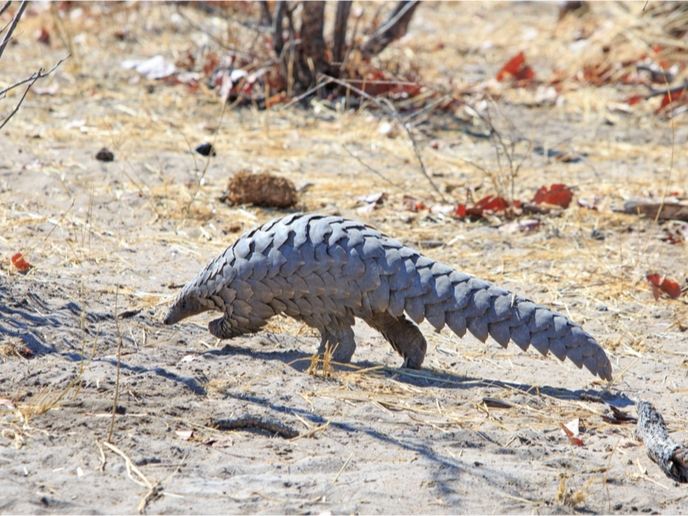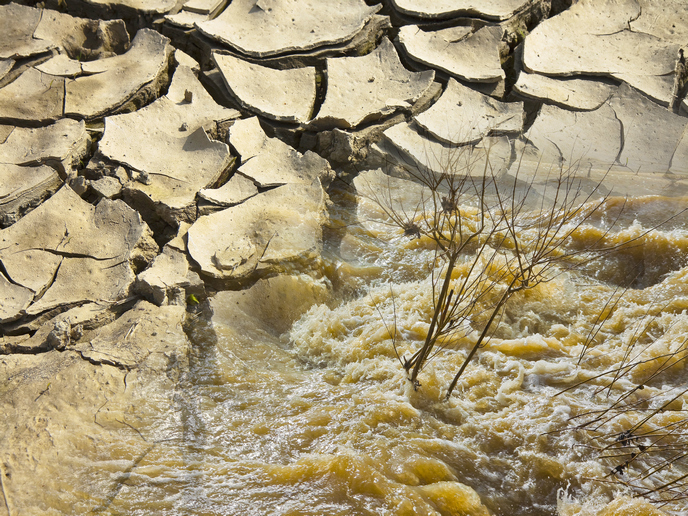Consolidating efforts for environmental protection
Irrigation practices in the former USSR, combined with inadequate agricultural policy and widespread use of pesticides, have led to chemical contamination and weakened soil fertility. This has resulted in reduced crop yields and has also affected biodiversity and human health. Although various organisations investigate and monitor the Syr Darya River Basin, a lack of coordination and funds does not bode well for any hope of improving conditions. The 'Co-ordination of scientific activities towards elaboration of common strategy for environmental protection in Syr Darya River Basin, in Uzbekistan and Kazakhstan' (Syr Darya) project was designed to consolidate important information and cooperation in investigations of the river basin. Project partners proposed that scientific activities aimed at the protection and sustainable management of various habitat types must be coordinated for any positive outcomes. Efforts in this direction included studies of various areas around the basin. Among others, these focused on animal life, geology, hydrology and population. They also took into account levels of local awareness relating to matters of environmental sustainability. Four study areas located in Kazakhstan, each characterised by different natural conditions and various anthropogenic pressures, were determined at a project workshop. Studies identified the main threatening factors: these include reduction of the runoff volume of rivers leading to a deficit in fresh irrigation water, and reduction of arable land areas due to soil cover degradation. It was discovered that local soils and agricultural products are also starting to show signs of contamination by heavy metals. Syr Darya partners highlighted that ecological education (EE) in tested regions and in Kazakhstan must necessarily continue. Recommendations included integrating EE into folk pedagogies, across-the-board schools and higher education, as well as engaging non-governmental organisations (NGOs), governmental structures and international cooperation. The project also determined that a united EE system for all age groups should incorporate new teaching methods from various countries and their adaption to national eco-conditions.







